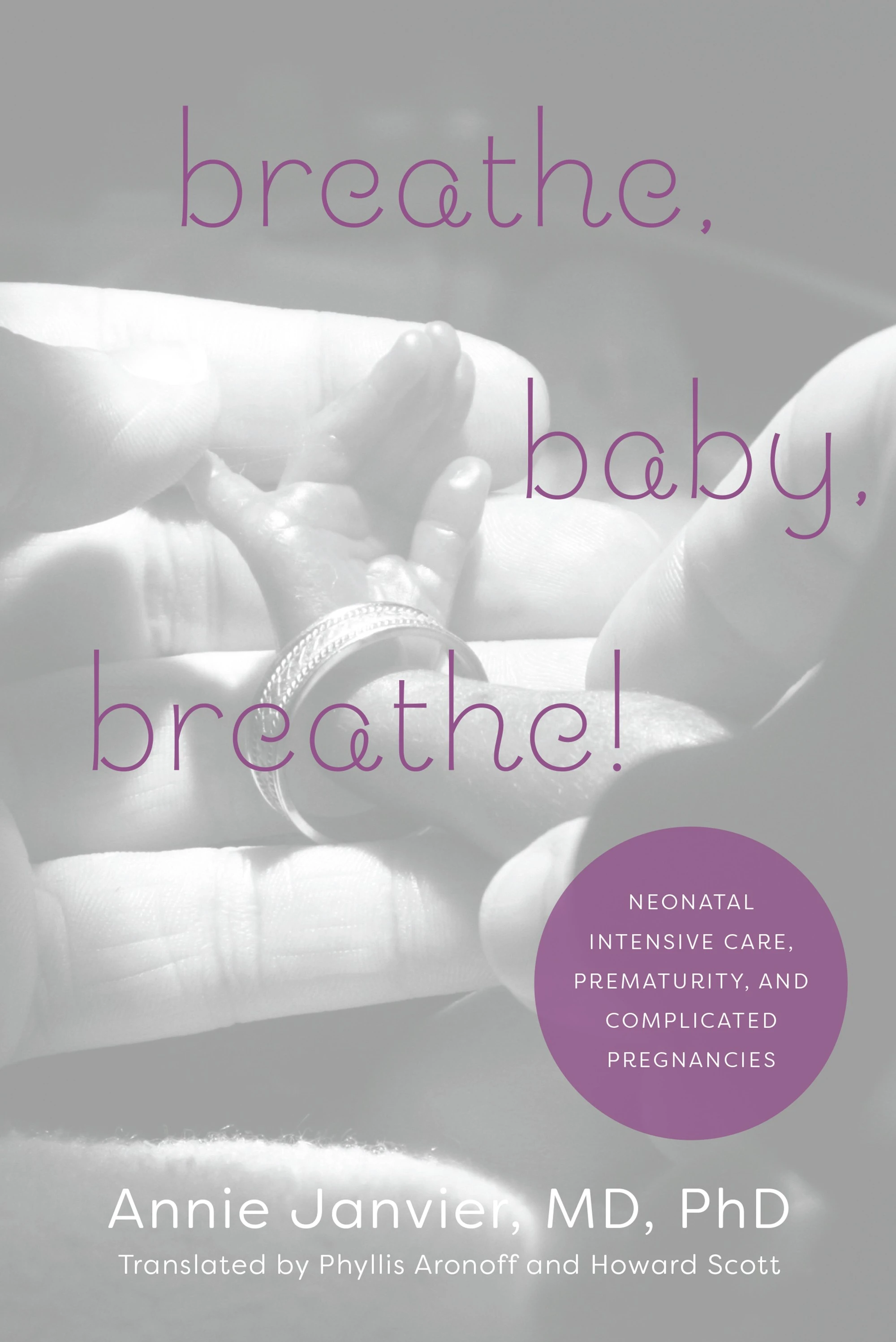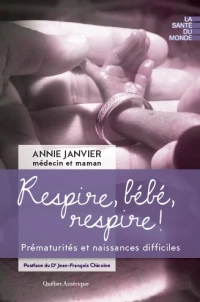Many of you will have seen or heard of the FDA warning about probiotics in preterm infants. In a letter (I am not in the USA, so I am not sure exactly who this letter was sent to, or the regulatory implications of such a letter) signed by the director of the “Center for Biologics Evaluation and Research” and the acting director of the “Center for Food Safety and Applied Nutrition”, they state the following:
The FDA is warning that preterm infants who are given probiotics are at risk of invasive,
potentially fatal disease caused by the bacteria or fungi contained in probioticsA preterm infant, birthweight <1000 g, who was administered a probiotic, Evivo with MCT Oil (Infinant Health), as part of in-hospital care, developed sepsis caused by the bacterium Bifidobacterium longum and subsequently died
The letter continues to state that there are no probiotic products approved for NEC prevention, even though they are aware that such use exists. They quote the AAP statement, which I have discussed in some detail before “https://neonatalresearch.org/2022/05/09/aap-guidance-on-probiotics-as-wrong-headed-as-a-head-can-be-wrong/“, you can probably tell from the title of that post what my opinion is about the statement!
I find this approach of the FDA bizarre.
Despite decades of research into the risks and benefits of probiotics in very preterm babies, the FDA have failed to provide any leadership in the development of the best formulations. 11 years ago, Annie Janvier, John Lantos and I wrote an article pointing out the strong evidence of benefit, and the inaction of the regulatory bodies in many countries. Since then the evidence base has enlarged and strengthened.
Almost simultaneous with the FDA letter a new systematic review and network meta-analysis was published (Wang Y, et al. Probiotics, Prebiotics, Lactoferrin, and Combination Products for Prevention of Mortality and Morbidity in Preterm Infants: A Systematic Review and Network Meta-Analysis. JAMA Pediatr. 2023). There are many such reviews that have appeared over the years, this is one of the most useful. However, it continues to suffer from the same issue that limits the original data, which is the variety of different formulations, with multiple different mixtures of probiotics, or different single probiotics. I think it is evident that some probiotics are likely to be more effective than others, with the Bifidobacterium longum ssp Infantis, being the best candidate for the most likely effective single organism, and some data showing that combination products overall are more effective than single strains. Perhaps because many of the combination products have included B infantis. An NMA is obviously limited by what is available as published studies, and studies comparing a Lactobacillus alone, to B infantis alone, or either of those to a combination product, are sadly lacking. We also really need better research investigating HMOs (Human Milk Oligosaccharides) in addition to probiotics, for which the data are currently limited, but promising..
I reproduce some of the results of that “NMA” below, I have edited to make it easier to read for my blog, and just show the relative risks, not the Risk Differences (RD).
A total of 106 trials involving 25 840 preterm infants were included. … multiple-strain probiotics were associated with reduced all-cause mortality compared with placebo (risk ratio [RR], 0.69; 95% CI, 0.56 to 0.86)
Multiple-strain probiotics alone (vs placebo: RR, 0.38; 95% CI, 0.30 to 0.50) or in combination with oligosaccharides (vs placebo: RR, 0.13; 95% CI, 0.05 to 0.37) were among the most effective interventions reducing severe necrotizing enterocolitis. Single-strain probiotics in combination with lactoferrin (vs placebo RR, 0.33; 95% CI, 0.14 to 0.78) were the most effective intervention for reducing sepsis.
There is little in neonatology that is as effective, as well investigated, or as safe as probiotics, in studies with 25 thousand babies, a reduction of the risk of death using the most effective combination by 30% is hugely important. Probiotics are, by any measure that you can imagine, incredibly safe. To be sure, as the FDA letter relates, there are case reports of sepsis with probiotic organisms, most of which were easy to treat, and not followed by mortality. Even in the case they use as the basis of their letter, interestingly, they do not state that the infant died “as a result of” his/her sepsis, but rather that he/she “subsequently” died.
Why have they made such a fuss about 1 tragic case? There are many more cases of sepsis which follow prolonged antibiotic use, and most antibiotics are not specifically licensed for the newborn, why no letter to avoid antibiotics in the preterm? Renal failure, NEC, and intestinal perforation following ibuprofen use may occur, and there is no good evidence that ibuprofen closure of the PDA reduces mortality (or indeed any adverse outcome), but they nevertheless approved intravenous ibuprofen in 2006.
This FDA letter will probably substantially increase mortality among very preterm babies.
In the litigious environment of the USA, I could certainly understand if a hospital stopped using probiotics, or decided to not introduce them. As a result NEC rates will increase, and the mortality, and major long term sequelae which follow NEC will surely worsen.
Surely the FDA, and other regulatory bodies, should evaluate the benefits, as well as the risks, of an intervention before issuing such guidance. As neonatologists, and as clinical researchers, we do this all the time. When we introduced routine probiotics in my NICU, 12 years ago, we did so after searching for the safest product, with the strains that were most promising, and came up with a product which has a natural product number from Health Canada, which implies that the manufacture follows Good Manufacturing Practice guidelines, among other requirements. We started a quality surveillance project to ensure that the expected results were indeed seen. The product still contains live micro-organisms, of course, and we have had some cases of sepsis, which we are in the process of publishing. Any effective probiotic will occasionally cause sepsis in this immune incompetent population. This is indeed why efforts to normalise the microbiome are so important, and why routine probiotic supplementation DECREASES invasive sepsis (vs placebo RR, 0.33; 95% CI, 0.14 to 0.78).
I think the balance between an occasional case of lactobacillae or bifidobacterial sepsis, and a substantial decrease in E Coli and other invasive sepsis, a decrease in NEC and surgical NEC, and a decrease in overall mortality, is a balance that is a clear net benefit for the very preterm infant.
We can estimate an incidence of sepsis from probiotic prophylaxis at about 1 case per 500 treated infants (which is a guess, but seems to be reasonable based on our own experience and the systematic review from last year (Kulkarni T, et al. Probiotic sepsis in preterm neonates-a systematic review. Eur J Pediatr. 2022;181(6):2249-62)), with 2 deaths in the 32 babies that they reported, we can guesstimate a ratio of lives saved with probiotics, to lives lost due to probiotic sepsis, of about 150 to 1.
(The new NMA shows a 2% Risk Reduction in mortality with probiotics: among 7,500 babies, there would therefore be 150 fewer deaths; from the proposed incidence of probiotic sepsis above, and 1 death for every 15 cases, there would be perhaps 1 death from probiotic sepsis).
I think those are risks that could (should?) be discussed with parents, and, I find it hard to believe that there are many who would not take them.
I nearly called this post, “Probiotics: the FDA will kill hundreds of babies”, perhaps that would have been a better title!









We are all aware of the ongoing debate on the potential benefits of routine probiotic use, especially in ELBW infants. Some RCTs and observational studies have shown no significant benefits, while others suggest that probiotics may improve the health outcomes of premature infants. I also wonder whether the exclusion of critically ill babies or those with delayed enteral feeding initiation may be affecting the outcomes. In view of the recent FDA warning, the use of probiotics may be restricted to clinical trial settings, but I hope such trials will keep the exclusion criteria to a minimum. These studies should aim to identify the most effective strains, dosages, and duration of treatment in sick ELBW infants who are at the highest risk of NEC.
Moreover, ESPGHAN recommends that before starting probiotic treatment, the unit’s chosen probiotic strain’s ability to detect bacteremia/fungemia should be confirmed with the institution’s microbiology department. This recommendation is particularly relevant for centers with a low incidence of these conditions, given the high number needed to treat. I am not sure whether all microbiology labs have this capability and we are not detecting all probiotic sepsis.
I agree that a quantitative approach, not an emotional approach and certainly not a litigative approach, is needed to correctly put tragic cases in the context of the demonstrated benefits of probiotics. To restrict the use of probiotics to clinical trial settings only, will cost many preterm babies their lives. Dr. Barrington, in that last sentence “…, we can guesstimate a ratio of lives saved with antibiotics, to lives lost due to probiotic sepsis, of about 150 to 1”, you meant “… lives saved with probiotics, …”, correct?
You are right, Martin, thanks. The previous version of the post had an error towards the end, I meant lives saved by probiotics!
A wonderfully written and thoughtful article, thank you.
It’s sad that the reflex reaction of certain parts of healthcare/regulatory bodies are triggered by single events, and fail to take into consideration how individual interventions operate within the wider context of a complex system like healthcare. I do acknowledge that for this individual family, this is a tragic case and it is right to reflect on what happened.
However, I too am trying my best to push back against such reactionary thinking. My own recent example is the withdrawal of Stemetil liquid in the UK, due to potential NMPA contamination. The families I work with quite rightly point out, they would accept the minimal risk of cancer given the medicine was very effective to treat their children’s nausea and vomiting during chemotherapy (it was also ironic that their children have the unfortunate situation of already having a cancer diagnosis). It seems all that these statements achieve (as well as potentially increasing mortality) is removing the choice and freedom of clinicians and families to make these choices together.
Spot on… looks like the of the arguments in our article in 2013: 10 YEARS ago, sigh. “The politics of probiotics: probiotics, necrotizing enterocolitis and the ethics of neonatal research.” The second proposed title is the good one. Many mothers (on parent preemie sites) add probiotics in their own milk as some have read the evidence of are clinicians… The FDA should also receive evaluations: at times (for example with cardiac cath devices) their acceptance is very fast without rigourous evidence, leading to harm. Probiotics’ risk benefit-ratio for preemies, as you state is quite obvious. But then, the FDA have to classify those somewhere: not a medication, device; they are live bugs and meant not to be sterile, yikes.
Perhaps a NEC parent group or parents who lost their kids to NEC without probiotics could approach the FDA?
Pingback: Do probiotics only work in bigger babies? What is the risk-benefit of routine probiotics in the extremely preterm? | Neonatal Research